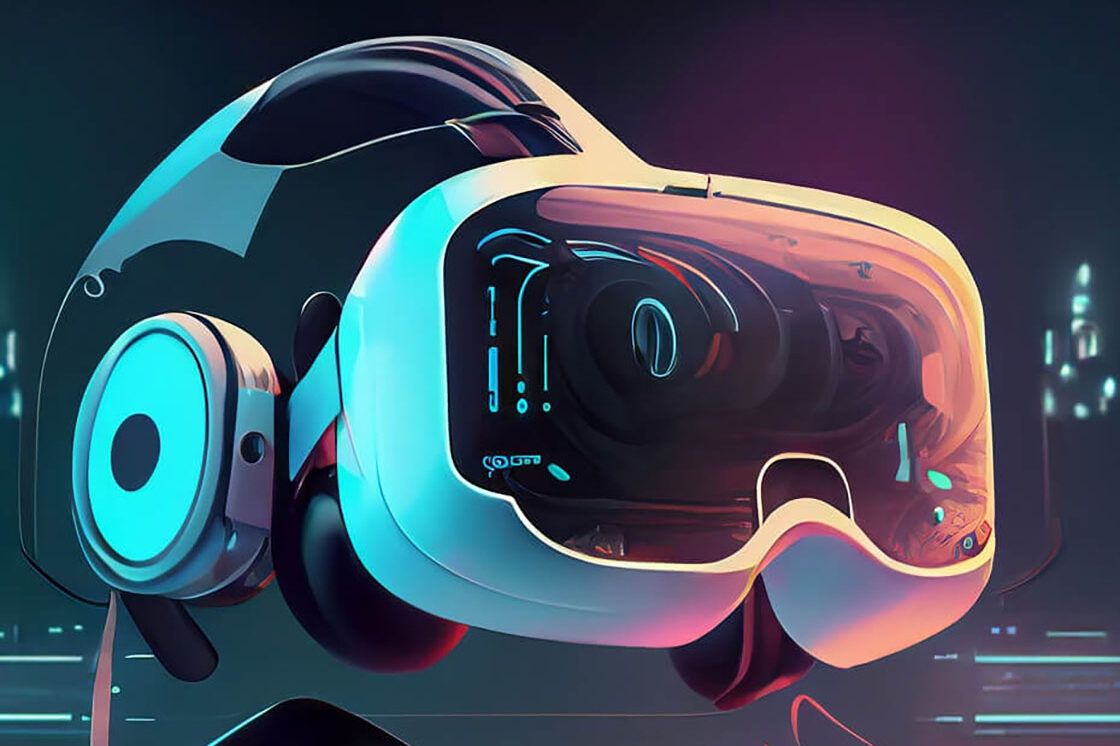The 23rd century marks an era where the boundaries between the physical and digital worlds blur, thanks to the seamless integration of virtual reality (VR) into our daily lives. VR has evolved far beyond its early iterations, becoming an integral part of how we experience, learn, work, and interact.
Full-sensory immersion is the hallmark of 23rd-century VR. Rather than relying solely on headsets and gloves, users are immersed in a multi-sensory experience that engages all five senses. Haptic feedback, scent generators, and neural interfaces transport individuals to digital realms that are indistinguishable from reality.
Education undergoes a profound transformation as VR becomes the primary tool for learning. Students explore historical events as if they were there, dissect complex molecular structures by manipulating virtual molecules, and even practice interpersonal skills through realistic simulations. The traditional classroom is replaced by immersive digital environments where knowledge knows no bounds.
In the realm of entertainment, VR takes center stage. Movies and games are experienced not as passive observers but as active participants. Users step into the shoes of their favorite characters, embarking on epic adventures or solving mysteries in breathtaking virtual worlds. Storytelling evolves into an interactive and personalized art form.
Collaboration and remote work are revolutionized by VR. Colleagues from different corners of the globe gather in virtual boardrooms, where holographic presentations and data visualizations enhance communication. Professionals can work together as if they were in the same physical space, fostering creativity and productivity.
The healthcare industry benefits immensely from VR advancements. Surgeons use VR simulations to practice complex procedures, ensuring precision and reducing the risk of errors. Patients undergo pain management and therapy through immersive experiences that aid in recovery and mental well-being.
While the integration of VR brings boundless possibilities, ethical considerations accompany this technological marvel. Questions about privacy, addiction, and the blurring of reality and fiction are subjects of ongoing debate. Striking a balance between the benefits and challenges of VR integration is a crucial task for society.
As we navigate the 23rd century, the pervasive integration of virtual reality into our lives offers unprecedented opportunities for creativity, exploration, and connection. It is a testament to human ingenuity and our unending quest to redefine what is possible in the digital age.

